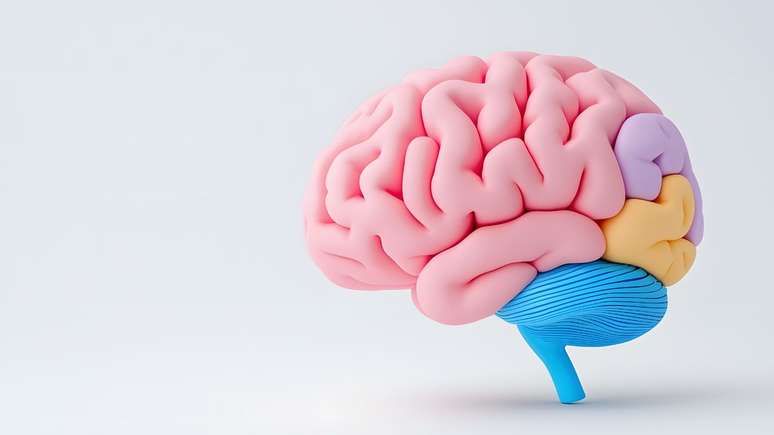Find out how to identify and prevent the disease
Obesity is a chronic disease in which the individual’s body is in a generalized inflammatory process. Although there is no cure, it is possible to control it and, therefore, it is essential to treat the symptoms.
According to the Israelite Albert Einstein Hospital, the condition is diagnosed based on the analysis of Body mass index (BMI). It is obtained by dividing the weight (in kg) by the height (in meters) squared. A BMI of 30 or more is considered indicative of obesity.
The main cause of the disease is the eating behavior dysfunctional. This is because, in these situations, there is an excessive consumption of foods rich in carbohydrates and sugars. Therefore, practices such as neglecting a healthy diet and following an incorrect routine contribute to weight gain.
Adopting bad eating habits can also make the problem worse. This is the case of those who choose to skip meals or consume them in an unbalanced way during the day. These behaviors encourage overeating and limit the nutrients the body takes in.
Furthermore, the lack of physical activity the routine increases sedentary lifestyle, favoring the accumulation of fat and the loss of muscle mass. These factors are associated with aspects that directly affect the quality of life of an obese person.
Among the most frequent manifestations are sleep disorders, since an obese person may sleep little and have difficulty breathing during the night. Mental health is also an important pillar, as anxiety pushes patients to vent their emotions on food.
What are the symptoms?
According to gastrosurgeon and endoscopist Dr. Eduardo Grecco, obesity does not present a direct symptom, but rather risks, as the individual gradually gains weight and often ignores the problem.
This causes you to continue to overeat, increasing your weight and facing threats that can affect all systems of the body.
What are your risks?
Excess weight can have a direct impact on body homeostasis, affecting the body in several ways. Understanding the impact of obesity on key systems.
- Nervous system: the patient may suffer from insomnia, excessive stress and irritability.
- Cardiovascular system: the individual is at greater risk of heart attack, coronary heart disease, varicose veins in the legs and lower limbs, due to being overweight.
- Respiratory system: Obesity can cause breathing difficulties, as the chest is compressed by the abdomen, resulting in reduced breathing capacity.
- Musculoskeletal system: Excess weight overloads joints such as the hips and knees, causing pain in the lumbar spine, knees and legs.
Furthermore, the disease can affect the liver, causing hepatic steatosis, better known as fatty liver. This scenario can progress to cirrhosis, a serious liver disease.
The specialist further explains that, because it affects all levels of the body, obesity can complicate several other serious diseases, such as stroke and thrombosis.
How to prevent obesity?
The gastrosurgeon explains that this process occurs through steps that go together. This is because disease prevention is mainly related to instruction. It is therefore essential to inform the population about the risks of obesity. The more knowledge, the better.
Furthermore, to avoid diseases, people need to learn how to do so nourish better and the practice physical activities. “Preventing obesity means spreading information, encouraging healthy eating, physical exercise and taking care of your mind, including controlling anxiety.”, concludes Eduardo.
Source: Terra
Ben Stock is a lifestyle journalist and author at Gossipify. He writes about topics such as health, wellness, travel, food and home decor. He provides practical advice and inspiration to improve well-being, keeps readers up to date with latest lifestyle news and trends, known for his engaging writing style, in-depth analysis and unique perspectives.








